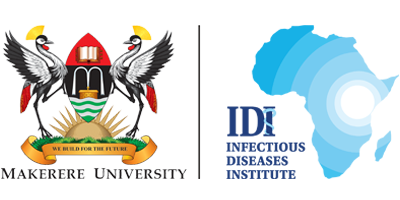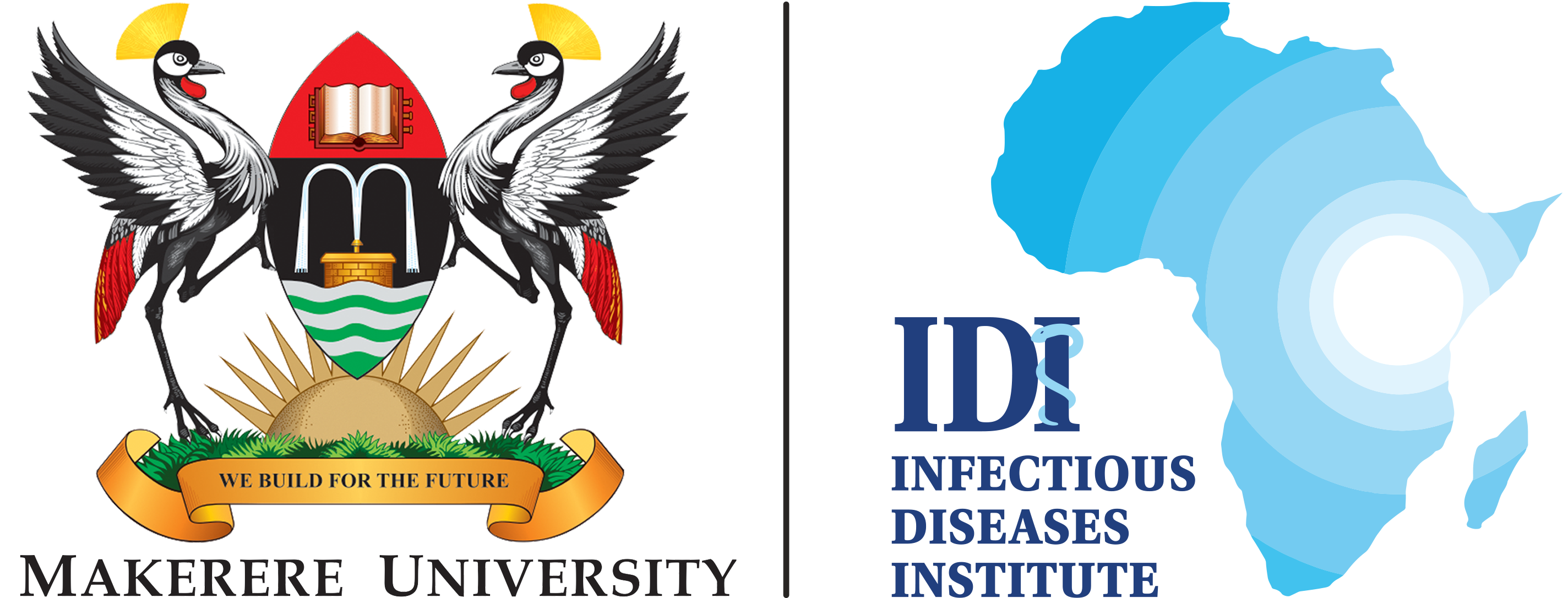- Associated Links
-
-
Our united network of partners and institutions share a vision for excellence, innovation, and impact. Together, we harness our combined strengths to create meaningful change.
-
-
- Careers
-
-
Our people are our greatest asset. We foster a thriving environment where everyone can flourish and make a difference. Join us in driving innovation and positive change through fulfilling career opportunities.
-
-
- Contact Us
-
-
As a leading national health organisation with regional influence, we are committed to improving healthcare in Africa. Connect with us to explore partnerships, discover our work, and together create a healthier future.
-
-

What We Do
In Uganda’s West Nile region, a team from the Infectious Diseases Institute’s Global Health Security Program, in collaboration with OPM-NECOC, NAPHS, West Nile Regional EOC, District local governments’ Disaster Management Committees, communities, and health facilities, has pioneered a transformative initiative that uses seasonal calendars to prepare people for the risks challenges and opportunities brought about by changing seasons.
A multi hazard risk assessment revealed that the West Nile region experiences distinct weather patterns, with each season presenting unique conditions that can impact the lives of the people and the operations of local health facilities.
To address this, they developed and disseminated comprehensive seasonal calendars, outlining the various weather shifts, agricultural practices, and health concerns associated with each season.
The seasonal calendars played a vital role in enhancing community preparedness for health-related challenges. By anticipating the onset of specific diseases and health risks associated with each season, communities were empowered to take preventive measures, seek timely medical attention, and engage in health-promoting behaviors.
Health workers were able to proactively allocate resources, devise targeted health campaigns, and enhance their capacity to handle anticipated health issues efficiently. As a result, the health facilities experienced improved patient care and a more streamlined approach to healthcare delivery.
“With this risk profile, our communities have been sensitized and engaged early on the possible preventive and coping mechanisms in advance,” said the chairman DDMC Terego.
Additionally, the seasonal calendars helped farmers to plan their agricultural activities more effectively, ensuring that they sowed and harvested crops at optimal times. This resulted in increased agricultural yields, improved food security, and enhanced economic stability for the communities.
Regular discussions and feedback sessions ensured that the seasonal calendars were continuously updated and adapted to meet the evolving needs of the region, further strengthening the impact of the initiative.
By harnessing the knowledge and wisdom of local residents and health workers, they have not only improved livelihoods and healthcare outcomes but have also inspired a sustainable model for proactive planning and preparedness in the face of changing seasons.

